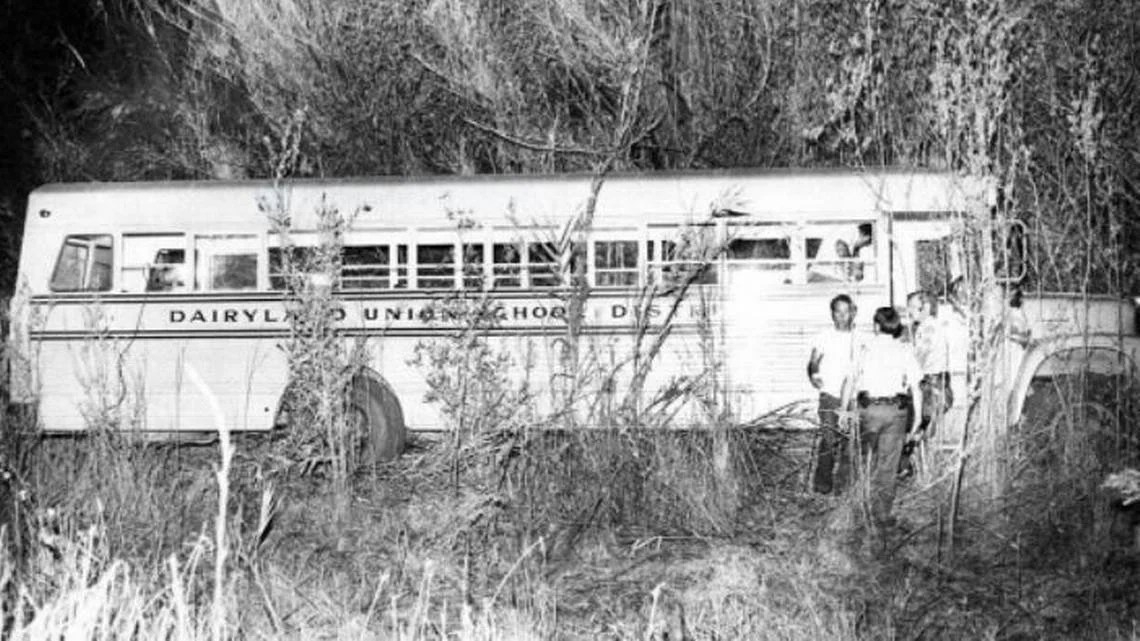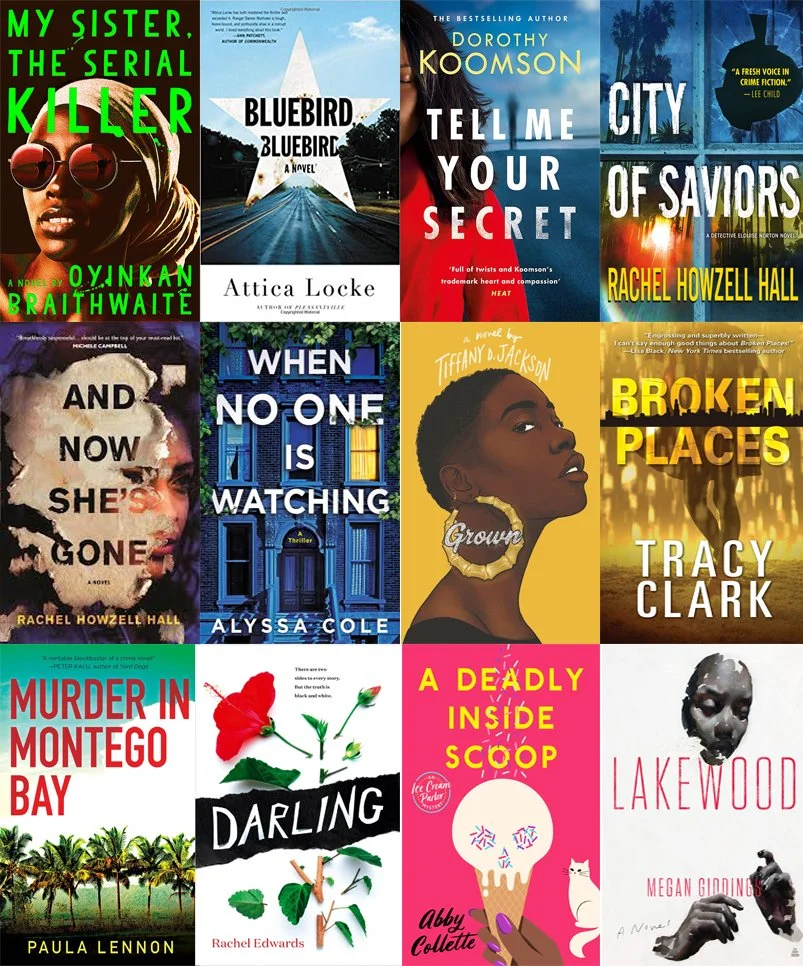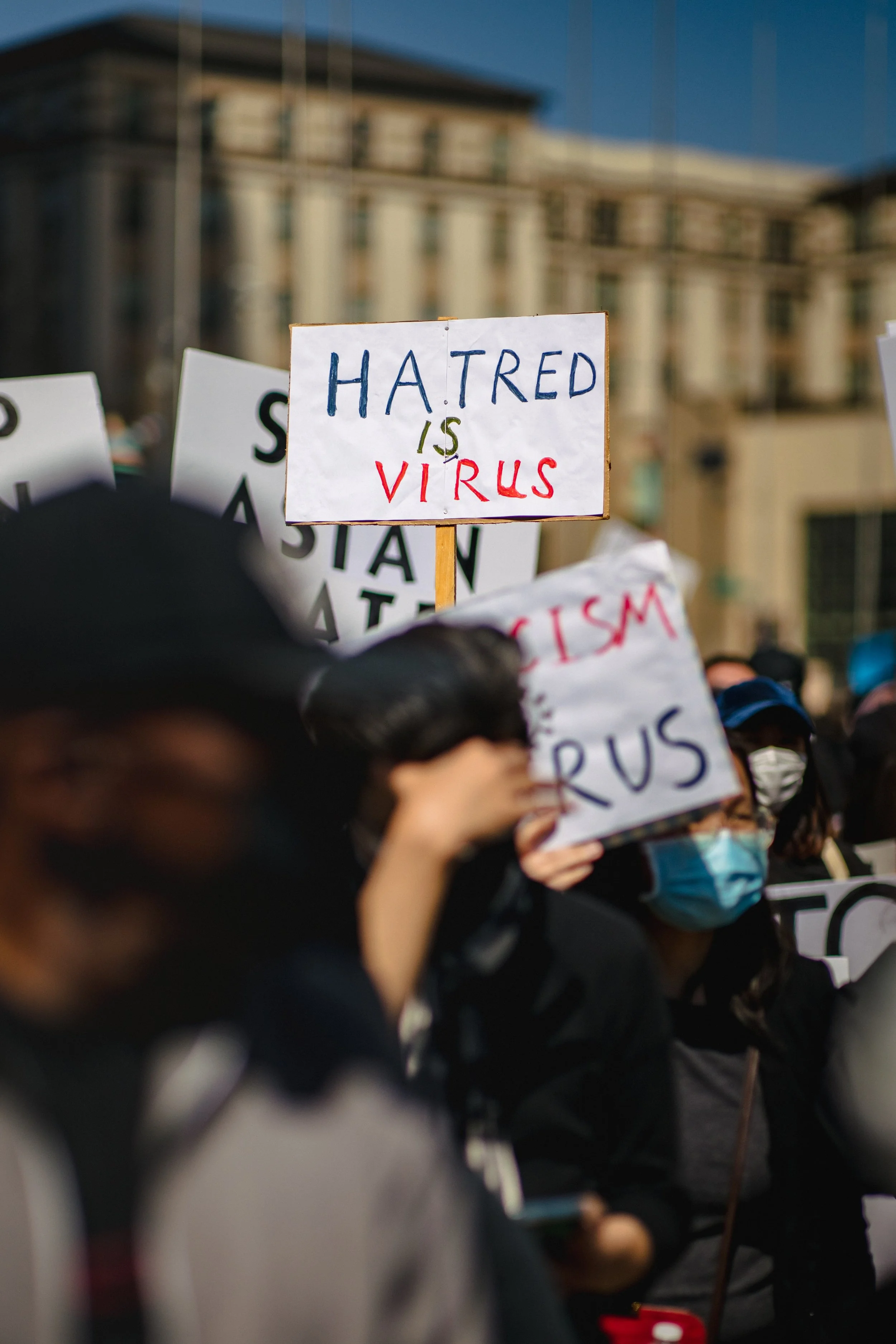True Crime: The Most Questioned Entertainment Genre
Why do we enjoy true crime? It seems like a pretty silly question, particularly due to the lack of questioning given to other genres of media that people enjoy (Why do you like sports? Why do you like romcoms?? Why do you like horror movies???), but there’s always the expectation as a true crime fan that when telling others about your hobby, that you will be met with looks of disgust, questioning, and even some concern. People who are not true crime fans wonder how you find anything related to the genre enjoyable or interesting, how you can read or listen to stories about such violence and murder. For the most part, these concerns are ridiculous and annoying, but as a community that enjoys analyzing the inner psyche and urges of serial killers, interested in their explanations of why and how, I think it can be equally beneficial and intriguing to answer that question, but for ourselves.
Contrary to what some non-fans may believe, true crime as a genre in media consumption has been in the public space for hundreds of years. According to the Boston Globe, true crime content has existed on the record since the early 19th century, when stories of grisly murders and dead bodies would be spread across newspapers, puppet shows, and merchandise sales. It’s because of this macabre interest in those crimes of the time that we have real information about what happened with Jack the Ripper and Lizzy Borden, and it is the genre’s staying power and strength that has helped it persevere throughout all the changes that have come as mediums come in and out of fashion. From telling stories orally, to writing, depicting crimes in comic books, on the radio, on television, in movies, and on modern podcasts, “…as long as there has been crime, there’s been true crime.”
In the hundreds of years that true crime has been enjoyed by the public, what are some of the explanations that researchers have come up with to explain our intense fascination with these stories? Well, for one explanation, some researchers believe that true crime acts in a twofold manner in not only giving those who indulge in it an opportunity to see the lives and experiences of someone who are in a much worse position than they are, thus providing a downward comparison and making them feel better about their own situations, while also providing some spice and intrigue to someone’s otherwise boring life by engaging in these stories. In this explanation, not only are you entertained through reading about outrageous actions that you could never even fathom, but you are also reminding yourself of how lucky you are to avoid traumatic experiences like that yourself.
Another, older explanation for the intense community interest in true crime looks at the enjoyment as almost voyeuristic, indulging in viewing dark things that you are not meant to engage with. These psychologists believe that in seeing these darker, illicit things, we gain a thrill or excitement over its frowned upon nature and the closeness we feel to knowing the enactor in the story. By getting close to them, we can attempt to understand them and their actions to fulfill our curiosity, which the 1880s Victorians saw as natural human instinct: “’…[W]hen a human being does a wrong…his fellow creatures are impelled by an irresistible and natural curiosity to study his diseased nature and to trace his misguided motives to their source. . . . The feeling is eminently natural and profoundly human.’”
Those interpretations focus more so on the enjoyment of the genre itself, but they don’t touch on the practical reasons for engaging in true crime content such as what it can teach you. According to psychologists, we tend to have a “negativity bias,” or a natural tendency to focus much more so on bad or horrifying things in order to learn lessons from them. According to Psychology Today, from viewing the initial bad things, such as learning of the way that Ted Bundy would lure in his victims, for example, we are able to make observations about how other future killers could use similar tactics or feelings to do the same. By engaging with negative content like this, both within true crime and outside of it, we learn how to identify dangerous behaviors and people before they can hurt you from what was seen before.
This is an aspect of true crime that appears to be of particular interest to women's true crime viewers. According to the Boston Globe, women make up 73% of true crime podcast listeners and 70% of readers of true crime books on Amazon. This can be interesting to some because of the fact that typically, women are the victims in the true crime stories they love so much. The explanation of this deep fascination despite identifying with the victims is directly dependent on that relating factor: by reading these stories, they can mentally rehearse and prepare for the worst-case scenario where they end up in a similar position. They see from the stories they read and the world outside that their general safety is in jeopardy, and so by turning to stories of victims and survivors, they can learn tools and tricks to not only cope through such an ordeal, but skills to keep you safe and possibly escape. In Laura Lewis’s article on the subject in Metro, she writes how she’s learned how to break out of zip ties with a shoelace from true crime, to avoid certain areas at different times of day, and numerous other pieces to remember to try and keep herself safe. She writes: “I guess it’s the same reason we study dangerous animals or look up which seat on the aeroplane is the safest in the event of a crash. Because the more you know, the more prepared you’ll become.”
For myself, I see my enjoyment coming from the curiosity and practical learning angles as previously mentioned, wanting to both understand who it is that is committing these awful acts while also looking to prepare and protect myself from those who look to commit their own. Moreso, however, I think I enjoy the stories that show a victim escaping, survivors getting justice, or even just knowing that the case was solved, and the perpetrator put behind bars. Reading and hearing these stories seems to remind me, that in all the craziness and unfair systems of this world, at least sometimes, real justice gets served and the bad people get what they deserve.
There are countless other reasons why we enjoy true crime. From honoring the lives and horrors experienced by victims to maybe getting to explore a little bit of our own darker urges through these crimes (respectfully, of course), the genre offers so much to those who truly love it, and for everyone involved in their reasonings will all be unique to them.
So, why do you like true crime?






